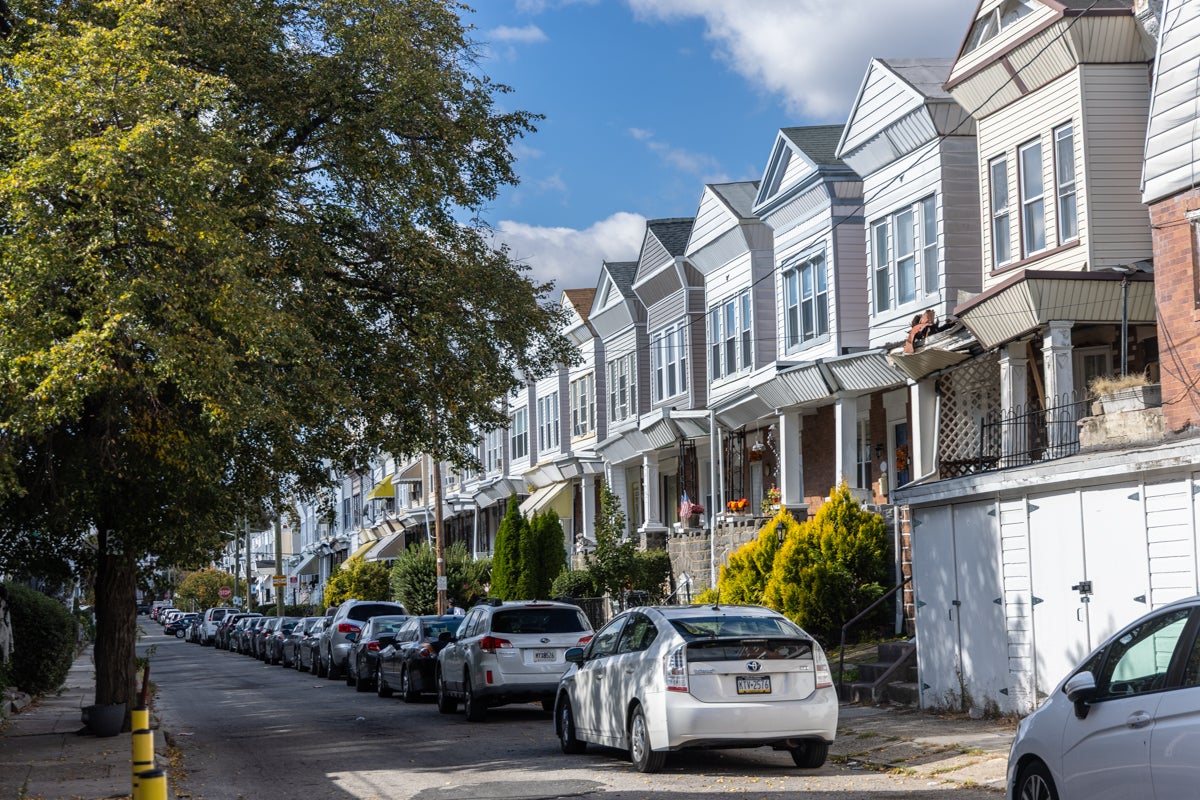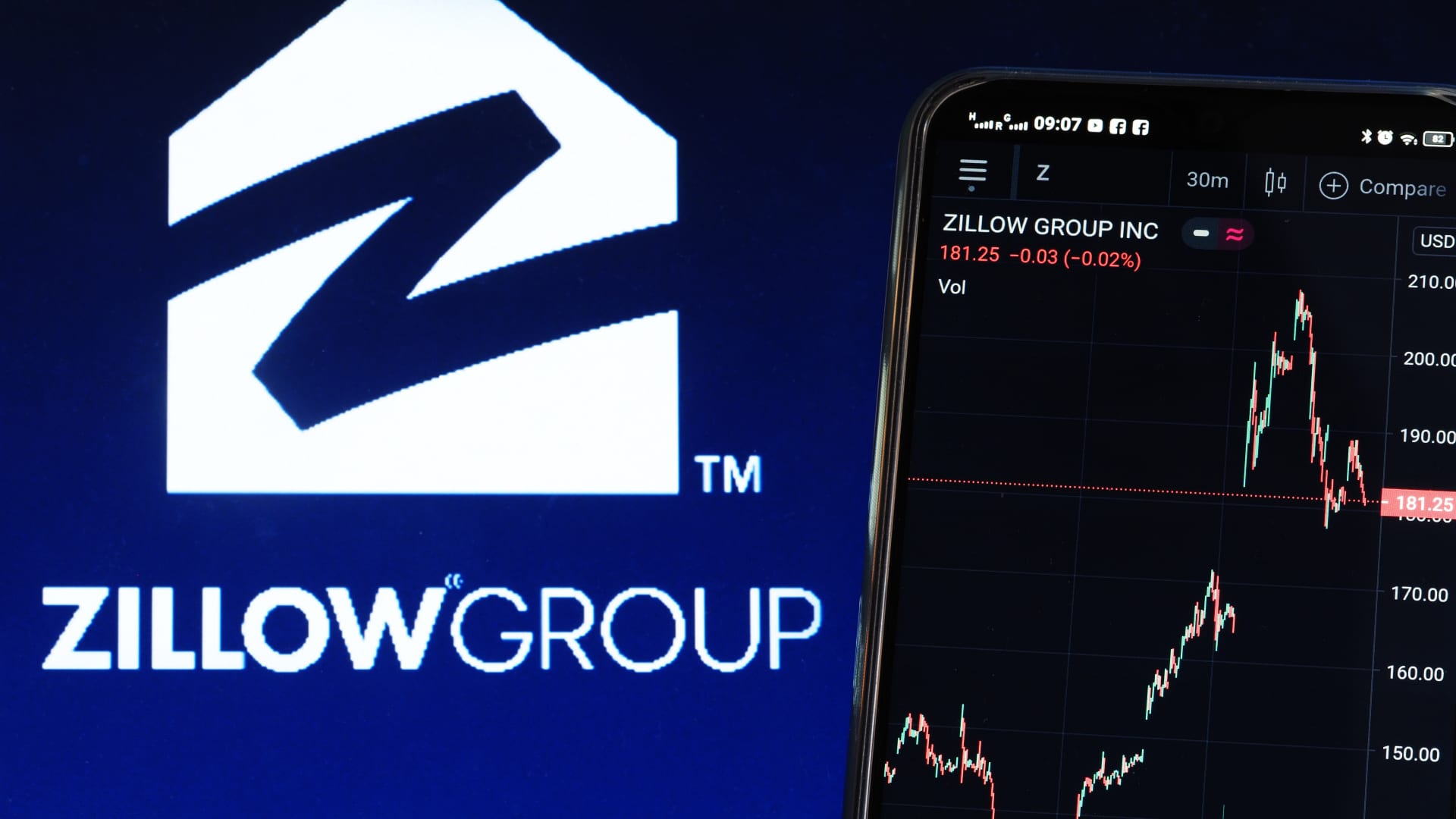C
orporate investors are reshaping Philadelphia’s housing landscape, concentrating on predominantly Black and Hispanic neighborhoods where real estate is inexpensive. According to a new Reinvestment Fund study, these entities act more as landlords than flippers or developers, owning about a quarter of all single‑family homes sold between 2017 and 2022. The data, released Monday, highlights risks such as reduced affordability, eviction pressures, and code violations that can crowd out first‑time and low‑income buyers. Philadelphia’s homeownership rate sits at roughly 52%, a figure that underscores the stakes of these market shifts.
“Affordable homeownership has been a cornerstone of Philadelphia’s identity,” said Emily Dowdall, president of policy solutions at the nonprofit. “When we see that identity eroded, we’re forced to confront what kind of city we are—one that offers upward mobility and generational stability, or one that doesn’t.”
The report, produced with Rutgers Law School, is the first to identify corporate investors and detail their post‑purchase actions, often through limited liability companies. Large investors were more likely to file evictions and have code violations than smaller ones, who were defined as owning fewer than 100 properties. Evictions, especially for Black mothers, can derail tenants’ future housing prospects because eviction records are not sealed and landlords often reject applicants with such histories.
Rodney Willis, a longtime resident of Cobbs Creek, has watched eight properties go on sale in the past 18 months. “When homeowners are no longer the majority, the neighborhood’s fabric can unravel,” he warned. “We’re struggling to hold the line.”
Block captain Vandelyn Waring echoed Willis’s concerns, noting that corporate interest could raise property taxes and push out long‑time residents. “It’s heartbreaking to see what’s happening,” she said. In Brewerytown, renter Claire Newsome expressed frustration with corporate landlords’ lack of community investment and poor property management. “Large landlords are harder to reach than small ones, and accountability is often missing,” she added.
Despite these challenges, the study also found benefits. Many of Philadelphia’s homes were built before 1960 and need major repairs that individual owners may not afford. Corporate investors, both large and small, applied for repair permits at higher rates, indicating renovations that improve housing quality. Over the six‑year period, investors focused on about a dozen neighborhoods, including Brewerytown, Germantown, Parkside, and parts of Cobbs Creek. Larger firms also secured rental licenses at slightly above‑average rates, often leasing to lower‑income tenants.
Philip Balderston, CEO of Odin Properties, argued that corporate investors supply essential rental stock for those who can’t afford to buy. His company acquired nearly 160 single‑family homes between 2017 and 2019 before shifting to new affordable units, including a government‑backed project in North Philadelphia. “Corporate entities don’t typically buy vacant homes to rent them out; it’s not financially viable,” Balderston said. “Instead, individuals purchase those homes, and corporate buyers hold them as rentals.”
The report recommends several policy measures to balance investment benefits with community protection. First, local lawmakers should require corporate rental owners to disclose ownership details, improving transparency for tenants and officials. Second, enforcement of rental licenses should be strengthened, ensuring landlords meet safety standards. Third, nonprofits and individuals should receive priority at sheriff sales, where corporate investors often win tax‑delinquent properties. Currently, only the Philadelphia Land Bank enjoys this advantage. By allowing non‑competitive bids from community groups, these sales could keep homes in local hands.
Dowdall emphasized that while investment is necessary, officials must mitigate negative outcomes. “We need to promote positive development while safeguarding neighborhoods from destabilizing forces,” she said.
Philadelphia’s housing story is one of tension between growth and preservation. Corporate investors bring capital and repairs, but also evictions, code violations, and a shift in ownership that threatens affordability and community cohesion. The challenge lies in crafting regulations that encourage responsible investment while protecting residents’ rights and the city’s historic identity.














